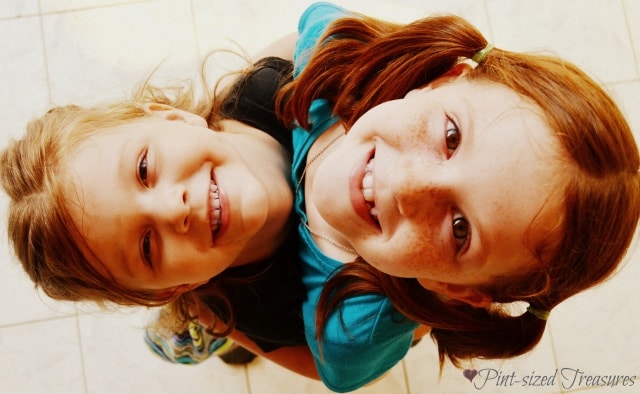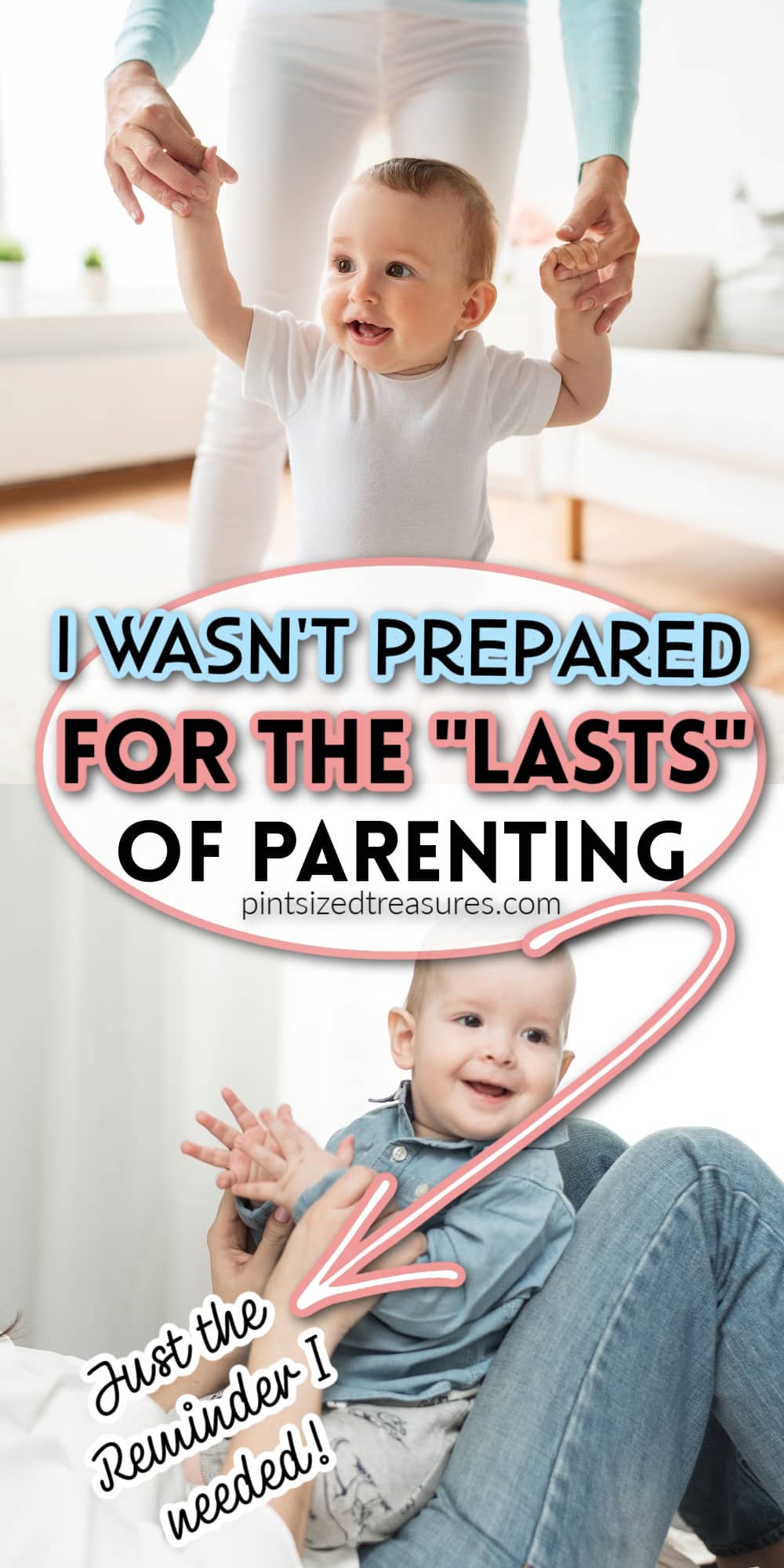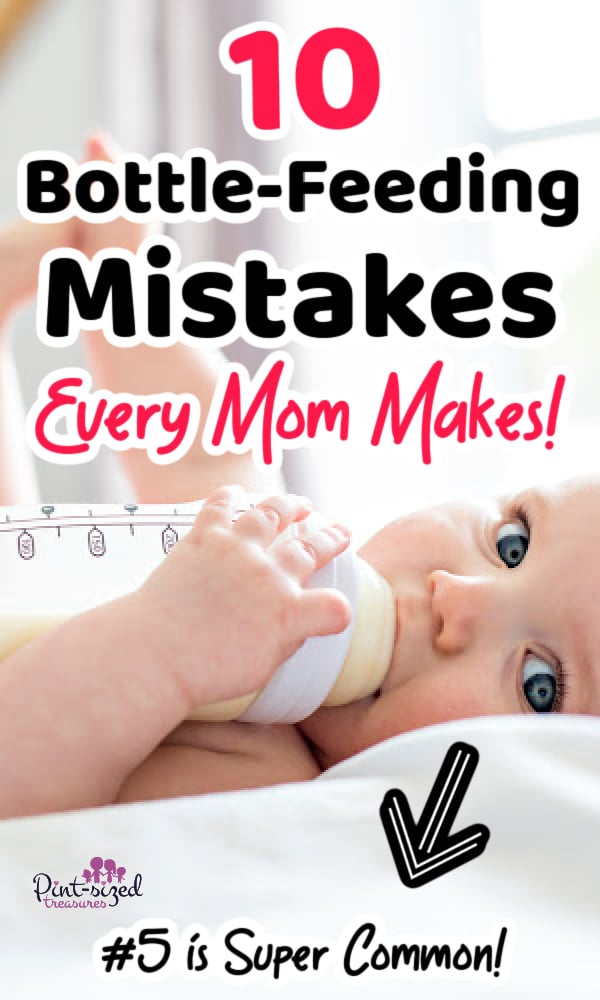Kindness and Peacemaking is Important for Kids!
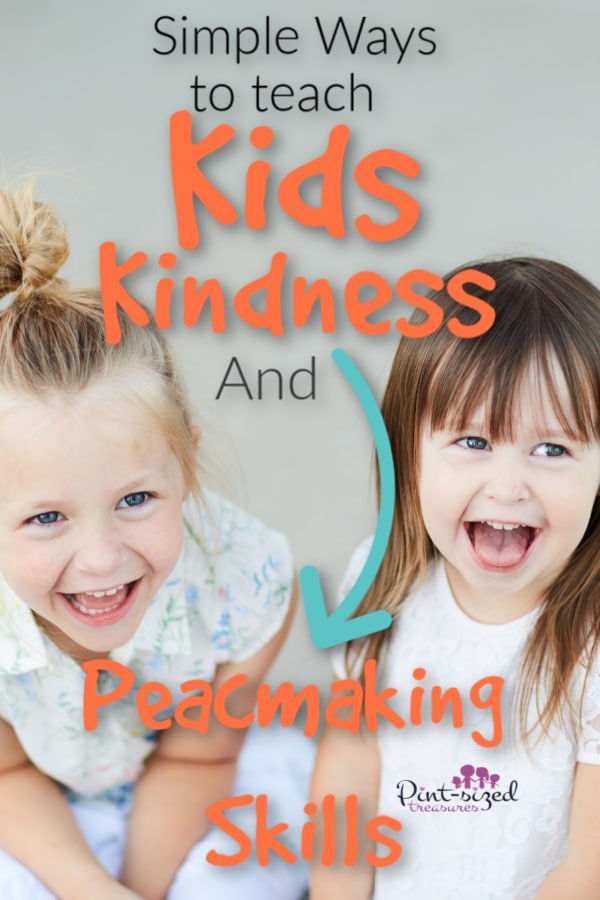
People were laughing.
Kids were playing.
We were celebrating the birth of our country with friends and acquaintances.
Over 100 people had gathered for this celebration.
“Hi,” my son greeted a new-to-be friend.
No response.
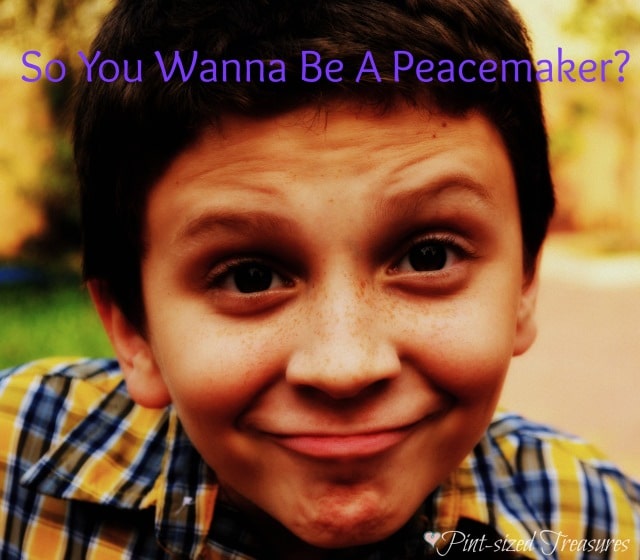
The kid was older and considered himself much cooler.
He swaggered away into a crowd of older guys, barely acknowledging the cordial welcome of my son.
As the evening went on, the older kid sent glances of disdain and annoyance towards my son’s direction.
“Hi,” my son tries again, “Is there a reason you won’t talk to me? Can you just be nice — please?”
The older kid must have been impressed with my son’s directness because within minutes the two of them were getting along and all conflict was dissolved.
My son had taken steps to confront, forgive and compromise.
He was a successful peacemaker that day!
How Can Our Kids Show Kindness and Be Peacemakers?
Our kids are treasures from God that need molding, nurturing and guiding.
The moment they make their grand entrance into this world they already know how to lie, steal, pout, whine, complain and perform myriads of other undesirable actions.
Utilize the years you have with them at home, while their hearts and characters are still pliable and teach them to express qualities that are admirable.
One imperative quality of a Christian is being a peacemaker.
Kids need to learn this attribute while they are teachable and humble.
The world is busting at the seams with adults who are quick to argue, complain and cause a stir — nevermind the undesirable consequences, the damaged relationships or the victims of public humiliation.
Many parents in the realm of Christian parenting are deeply concerned about the character of their children.
Here are some ways that parents can help encourage kindness in their children and create peacemakers in a not-so-peaceful world.
HOW TO ENCOURAGE YOUR CHILD TO BE KIND AND BE A PEACEMAKER
Kindness and Peacemaking Lesson 1: Encourage kids to love others.
Loving all people — including peers, parents, siblings and grandparents — facilitates the peace-making process.
One way I do this with my six kids is guiding them to find joy in their brother or sister’s successes.
Did their sister make four A’s on her report card?
How about asking all the kids to give her a high-five instead of pouting about their four B’s?
What about grandparents?
If a grandparent calls and asks for help with some household chores, inspire your kids to take joy that they can use their strong, healthy bodies to help others in their time of need.
When people are loving others, peace-making becomes natural.
Even if a peer or sibling wrongs your child, a conflict is less likely if your child already has an abundance of love in their heart.
Kindness and Peacemaking Lesson 2: Inspire kids to compromise.
During every conflict, someone has to compromise.
Teach your child that it is honorable for him to be the first one to say, “I’m sorry. Let’s try it your way first.”
As long as he is not compromising his Christian values, he needs to learn that when desiring to make peace with his peers and family, sooner is better than later.
As the conflict progresses, tensions naturally heighten.
Practice compromising at home first, so when he mingles with outside relationships he will already have the know-how in compromising to keep the peace.
Kindness and Peacemaking Lesson 3: Live it out.
The most effective way a child learns how to become a peace-maker is by example.
Start in your marriage.
When your spouse suggests, “Let’s eat Mexican food for dinner,” respond with a “Sure. Sounds great.”
Even though you may have really wanted Chinese.
Don’t forget to practice peace-making skills with your children as well.
When it’s time to plan the family’s summer vacation, take their desires into consideration and compromise.
The amusement parks may not be as inviting as the beach, but your kids will remember that they saw their parents compromising and preferring others as ever-present examples of what a true peace-maker does.
Kindness and Peacemaking Lesson 4: Teach kids to forgive.
True forgiveness is not an innate quality of mankind.
In fact, we tend to hash things up repeatedly.
However, Christ reminds us that we are to be kind, and forgive one another — even as He forgave us.
When kids learn to forgive, it will not only bless their families and peers, but will also rid them of possible, deep-rooted bitterness that will stunt their relationship with the Lord and others.
Use relevant scriptures and personal anecdotes to illustrate to your kids how some relationships are strong as a direct result of someone’s forgiveness.
Teaching Kids to Be Kind and Keep the Peace is an Important Part of Parenting!
By diligently teaching, training and praying, your kids will be on the right path to becoming a peace-maker among their friends, classmates and family.
Blessed are the peacemakers!

